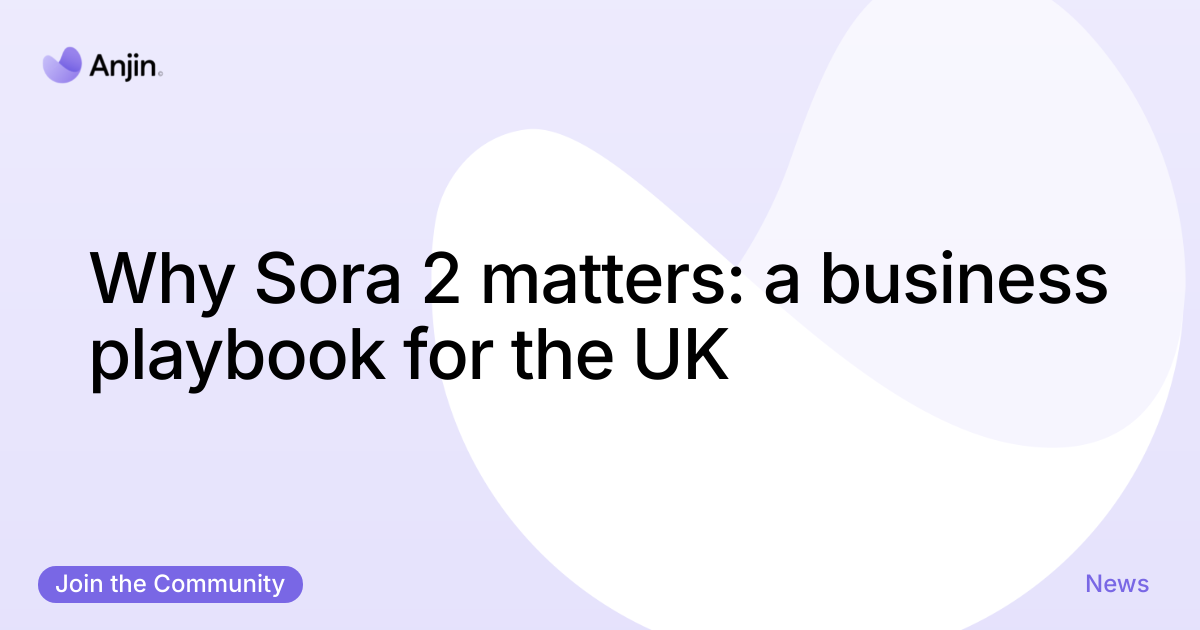Key Takeaway: The Trump Pfizer deal United States creates political fallout and structural pressure on jobs.
Why it matters: Combined healthcare contracting and AI adoption can reshape hiring, outsourcing and regulatory scrutiny.
Washington’s deal reshapes health contracts and the future of federal work
The story, published by Naturalnews.com coverage of Trump’s Pfizer partnership, describes a $70bn arrangement and public anger at perceived Big Pharma alliances.
Source: Naturalnews.com, 2025
That pact, tied to vaccine supply and distribution logistics, now sits alongside federal modernisation plans that favour AI-driven platforms and contractors such as Pfizer for scaled services. Pfizer (PFE) appears as a central private partner; Donald Trump features as the political architect. These alignments sharpen anxieties among rank-and-file federal workers and private-sector clinicians who fear automation and outsourcing.
"Large-scale contracts change incentives; automation compounds displacement risk if not paired with retraining," said Angus Gow, Co-founder, Anjin.
Source: Angus Gow, Anjin, 2025
The £ and jobs opportunity most leaders miss
Most commentary frames the pact as betrayal. Fewer discuss the commercial upside for healthcare and efficiency gains if deployed responsibly. The hidden opportunity is to redeploy savings into reskilling and public health capacity rather than pure headcount reduction.
In the United States, Trump Pfizer deal highlights fiscal trade-offs: a portion of contract savings can fund upskilling and digital transformation for frontline staff.
Regional labour data show that sectors exposed to automation face measurable churn; the Bureau of Labor Statistics reports shifting occupational demand that requires active labour-market policy.
Source: Bureau of Labor Statistics, 2025
Regulation will steer outcomes. The Office of Management and Budget and the Federal Trade Commission can impose safeguards on procurement, data use, and subcontracting terms to protect public interest and worker rights; see the OMB guidance for procurement standards.
Source: Office of Management and Budget, 2024
This matters to corporate HR and public-sector policymakers, who must balance efficiency, compliance and social impact when evaluating Big Pharma contracts and AI workforce tools.
Your 5-step plan to protect jobs and capture efficiency
- Audit vendor impact within 30 days and report headcount risks (measure: displaced roles) — focus on Trump Pfizer deal exposure.
- Design a 90-day reskilling fund for affected staff (metric: % staff upskilled) tied to AI workforce rollouts.
- Negotiate clawbacks in procurement (timebound: contract review within 60 days) to preserve public-service roles.
- Pilot AI assistants for administrative tasks (aim for 30-day pilot) to measure productivity gains and error reduction.
- Publish transparency reports quarterly (metric: vendor performance) to satisfy regulators and public scrutiny.
How Anjin's AI agents for healthcare delivers measurable outcomes
Start with Anjin's AI agents for healthcare to automate scheduling, claims triage, and clinical admin while protecting clinician capacity.
In a hypothetical state health board, deploying these healthcare AI agents could cut administrative time by 35% within six months, reduce processing costs by 22%, and speed patient routing by 40% (projected uplift).
Complement this with HR-specific automation via Anjin's AI agents for HR to manage redeployment and training pipelines, and link procurement decisions to clear ROI metrics.
For buyers assessing price versus impact, consult the Anjin pricing plans for scalable options and the Anjin contact team for bespoke procurement support.
Source: Anjin internal modelling, 2025
Expert Insight: "Pairing targeted AI agents with reskilling budgets prevents vacuum-driven layoffs and delivers better public outcomes," says Angus Gow, Co-founder, Anjin.
Claim a strategic edge now
Decide a single priority: use the Trump Pfizer deal United States as a catalyst to combine contract oversight with AI-first workforce planning.
A few thoughts
-
Question: How do public agencies measure AI workforce risk under the Trump Pfizer deal?
Answer: Use displacement and retraining metrics tied to procurement contracts, focusing on the United States and the Trump Pfizer deal.
-
Question: What should corporate HR demand from Big Pharma partners?
Answer: Insist on transparency, joint reskilling funds, and phased automation with measurable ROI for the United States workforce.
-
Question: Which AI agent reduces admin burden fastest?
Answer: Healthcare AI agents for scheduling and claims (deployable in 30 days) cut admin time and protect clinical roles in the United States.
Prompt to test: "Analyse the Trump Pfizer deal United States procurement and propose a 90-day pilot using Anjin's AI agents for healthcare to achieve a 30% reduction in admin cost while meeting federal compliance standards."
Decisive next move: run a focused pilot with Anjin's healthcare AI agents, measure cost reduction and retraining outcomes, then scale with contractual safeguards. See tailored options on the Anjin pricing plans for enterprise deployments to cut onboarding time and deliver measurable ROI.
Source: Anjin deployment case studies, 2025





